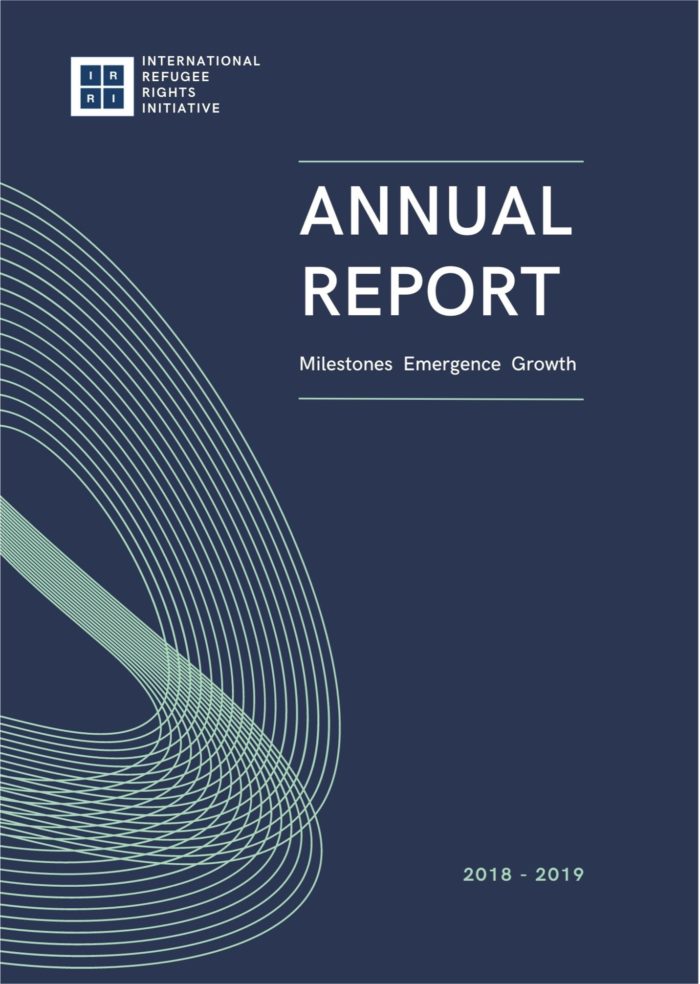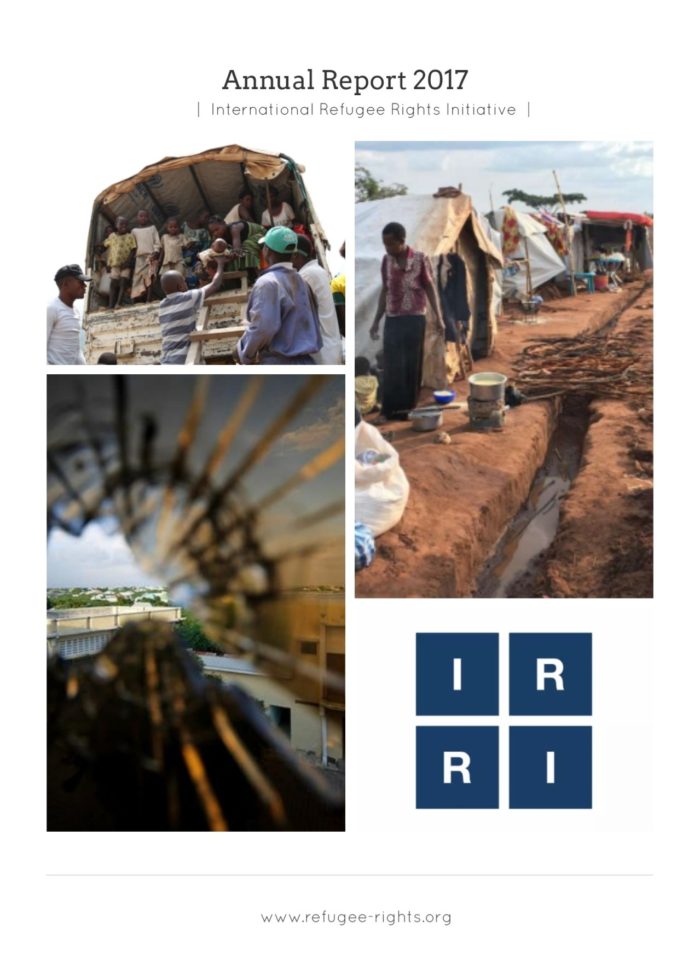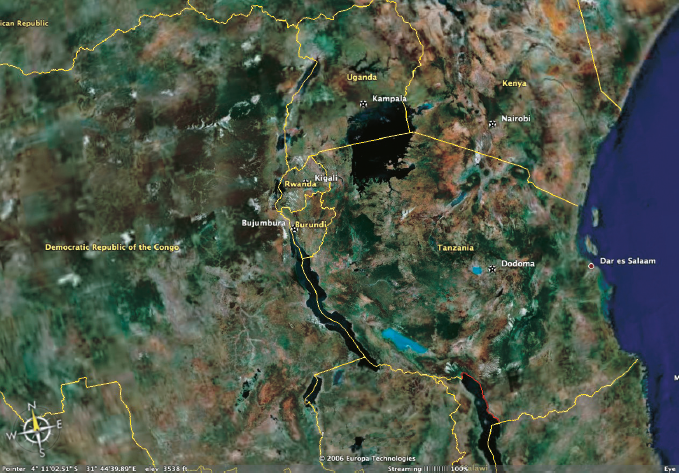19 April 2023 I believe the drafters of the Constitutive Act anticipated scenarios similar to the one obtaining in Sudan, when they coined article 4(h). Africans can not stand by and continue to watch atrocities being committed in Sudan without taking all necessary measures to stop them. Shuvai Nyoni, Executive Director, the African Leadership…
FROM THE EXECUTIVE DIRECTOR When I was joining IRRI in the first quarter of 2019, I could not have imagined the dynamism and shifts we would experience by the end of 2019. We changed. Simply put. At the milestone of 15 years, we determined that we needed to re- strategise and rethink IRRI, and what…
Statelessness affects ten thousands of people in East Africa. Being stateless has significant negative impact on the lives of affected persons – who are unable to access fundamental rights to which they are entitled under human rights law, but which require state mediation to access in practice. Without identification documents they are not able to…
On Wednesday 2 May 2018, the International Refugee Rights Initiative (IRRI) with support from the Open Society Foundations (OSF), organised a workshop in Uganda on the Right to Nationality, ahead of the second meeting of African Union’s Member States Experts on the Draft Protocol to the African Charter on Human and Peoples Rights on the Specific Aspects on the Right to a…
“African States should seize the opportunity to set clear standards on the recognition of nationality and the eradication of statelessness”, urged a coalition of African civil society organisations working on the issue. Member States are meeting in Abidjan, 7-11 May 2018, to discuss the text of a draft protocol to the African Charter on Human…
IRRI’s 2017 Annual Report highlights our work in a year of significant achievement for us, as we continued to work on our three main programmatic areas of: -identifying the violations that cause displacement and exile; -protecting the rights of those who are displaced, and -ensuring resolutions to their displacement are durable, rights respecting, safe and timely. The…
The eagle-eyed amongst you will notice that this “quarterly” newsletter in fact covers six month of our activities so our apologies for it being a little longer than usual. In this update you can find information on our activities re protecting rights in exile, the causes and resolution ton conflict including our work on Gambia, Burundi, Sudan, South Sudan, DRC, citizenship rights…
Imagine you are born in a country, to parents who were also born in that country, and all your life you believed you were a citizen of that country – with all the rights that go along with it. Then, one day when you apply for a standard identification document, you are told you are…
(This blog first appeared on the IntLawGrrls blog site) On 29 September 2014, at the annual meeting of the Office of the UN High Commissioner for Refugees’ Governing Executive Committee in Geneva, the government of Tanzania announced that it finally intends to deliver on its 2008 promise of citizenship to tens of thousands of former…
Today, the UN General Assembly is having a dialogue to discuss the Secretary-General’s latest report on the implementation of the responsibility to protect – otherwise known as R2P. The idea behind the responsibility to protect – which effectively affirms the responsibility of states to protect populations within their borders from genocide, ethnic cleansing, war crimes…
Jean-Marc is Burundian by nationality. But he has never lived in Burundi. He was born into exile in Rwanda in 1976 where he lived as a refugee until the 1994 genocide when his father was killed and the rest of the family had to flee to Tanzania. Over the course of the next two decades,…
The International Refugee Rights Initiative, in partnership with Rema Ministries and the Social Science Research Council, released a new paper,”Two People Can’t Share the Same Pair of Shoes: Citizenship, Land and the Return of Refugees to Burundi.” The paper, the second in the series Citizenship and Displacement in the Great Lakes region, tracks the…
When the meeting between Burundian and Rwandan government officials on Saturday June 11 ended, a decision had been reached. The two sides had decided to rename asylum seekers from both countries as “illegal immigrants” and treat them accordingly. What followed was a quick operation to deport thousands of Rwandan asylum seekers from Burundi. About…
Report of a Consultation on the Feasibility of a Collaborative Network-Building Project Linking Research with Program and Policy Development, co-hosted by The Social Science Research Council and The International Refugee Rights Initiative in Kampala, Uganda. Download full report here



